The use of peat by gardeners as a growing medium and soil improver in Great Britain means that, according to Kew Gardens, over 94% of peat bogs in Britain have been damaged or destroyed. The British government is so concerned about the effects of digging up reserves of peat that by 2020 they hope that peat extraction will have been completely phased out.
Extracted peat usually comes from Ireland and the Baltic and is sold in DIY stores and garden centres. This extraction causes immense damage to the natural environment as well as depriving us of evidence of our own history.
The problem isn't exclusive to Britain and Europe of course. The damaging of peat bogs is a global concern for environmentalists.
Peat bogs are an archaeological timeline, preserving tools and even people from our distant past.


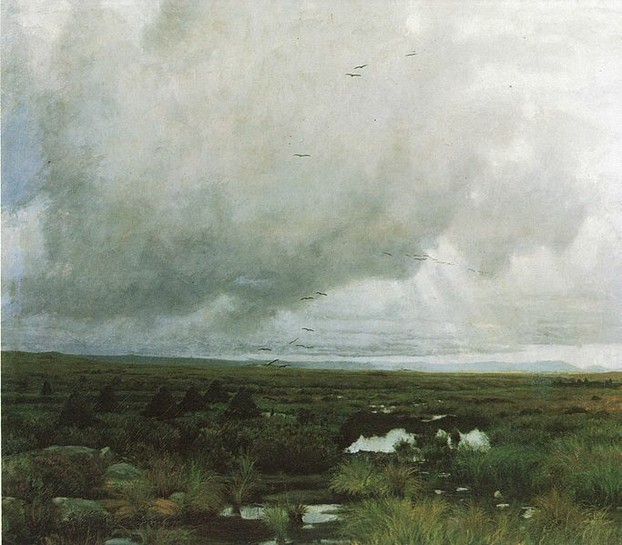



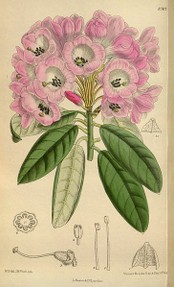
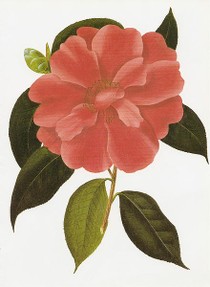 So - going peat-free will mean gardeners will have to think carefully about their planting, but in the process their knowledge of their gardening environment will grow, along with the plants!
So - going peat-free will mean gardeners will have to think carefully about their planting, but in the process their knowledge of their gardening environment will grow, along with the plants!



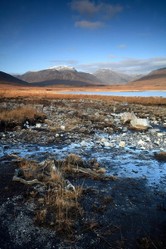

 How to Choose a Walking Cane or Stickon 08/01/2014
How to Choose a Walking Cane or Stickon 08/01/2014
 Michael Miller Fabulous Fabric Swatches for Quilting, Crafts etcon 07/02/2014
Michael Miller Fabulous Fabric Swatches for Quilting, Crafts etcon 07/02/2014
 The Drama of Life in the Rock Poolon 06/08/2014
The Drama of Life in the Rock Poolon 06/08/2014
 The Flâneur - Symbol of Modernity in 19th Century Parison 05/09/2014
The Flâneur - Symbol of Modernity in 19th Century Parison 05/09/2014

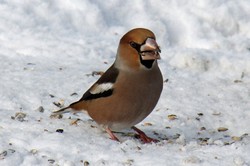
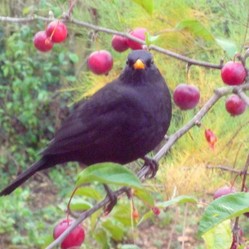
Comments
2uesday - Yes, those gel moisture retainers are great! :)
Hello Cazort - Thanks for that really useful comment. I agree with everything you say. Very interesting what you have said about pine or spruce tree litter. I used to have an allotment and our council used to leave us a big pile of this about once a year (probably from household Xmas trees!) along with bark chippings, which make great pathways between beds. Thanks again for your post..
It seems crazy that people are still using peat for compost, when there is so much compostable waste just being thrown out . I'm glad you're writing about this; this is an important issue, and I hope you can impact this issue through your writing.
I think this issue can be tackled in multiple ways: through people boycotting peat and putting pressure on businesses selling peat (perhaps even boycotting ones that won't agree to stop selling it), and also possibly through legislation.
As a tip for lowering pH, you can use pine or spruce tree litter--their needles have a low nitrogen content and thus their litter is highly acidic and will lower the pH of household compost. Pines in particular are not picky about soil so they can be grown on relatively barren ground...then you can mix household compost in if you have plants that like somewhat acidic but still nutrient-rich soil.